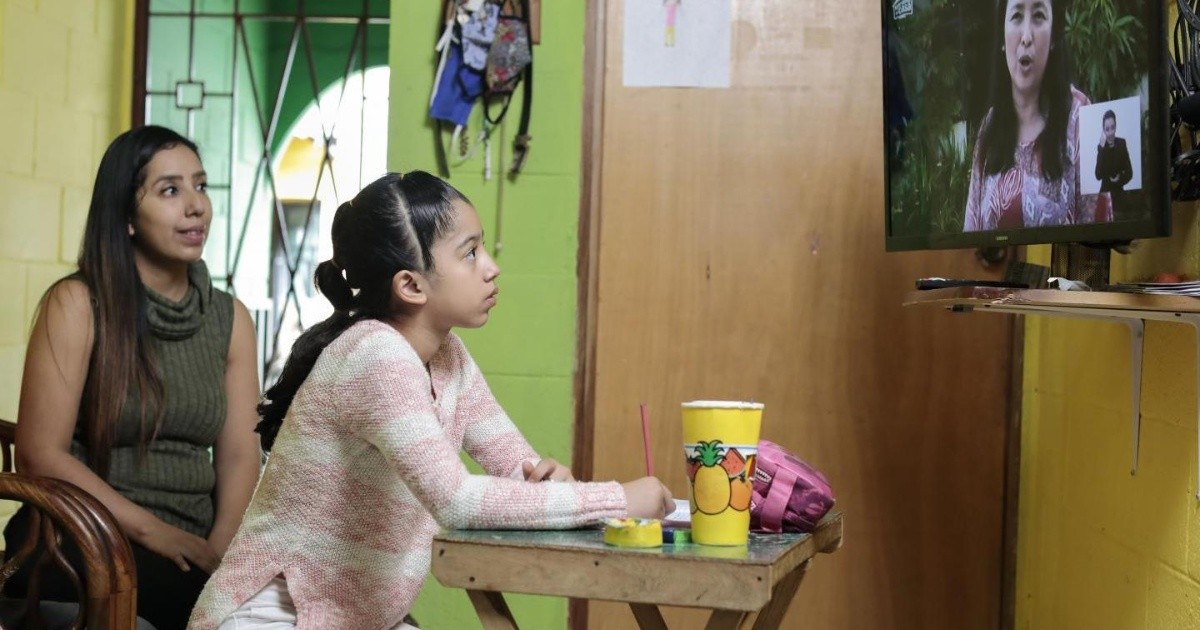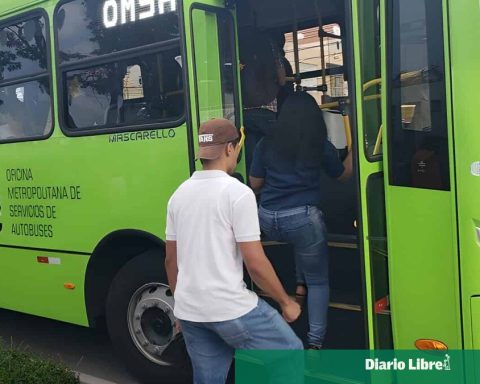In Mexico, women spend 2.5 times more hours than men housework and care, according to the 2019 National Survey on the Use of Time, carried out by INEGI. There are recent estimates that indicate that, after six years of the birth of daughters and sons, women participate 16% less in the formal labor market, and their wages drop by 24% on average. This situation is even more marked in low-income, young or married women.
In this sense, one of the policies that has shown great potential to improve the performance of a society, both in terms of personal skills and economic benefits, are the care services accessible, affordable and reliable, that promote early childhood development.
Expanding early childhood care services would benefit two key population segments: on the one hand, it enables insertion of more women in the paid labor market. There are different estimates, but GDP growth could be 15% by 2030 if actions were implemented to incorporate 8.2 million women into the economy. In addition, more women with stable and formal incomes would also imply a broadening of the taxpayer base, something crucial in a country with low tax collection and various problems in its public finances.
In the other beneficiary population segment are, of course, the smallest. The early care they are key to reducing intergenerational poverty, because as abundant studies have shown, in the first five years of life the foundations are laid for the development of language and reasoning skills, but also socio-emotional capacities. In addition, these interventions have greater effects in disadvantaged environments, thus contributing to equalizing the opportunities of the population.
As in other aspects of social policy in Mexico, child care is segmented. Families that have access to formal social security (IMSS, ISSSTE, Pemex and other state and municipal institutes) also have access to childcare services. In contrast, those who work informally must look for particular solutions, a situation that worsened after the cancellation of the Children’s stays by President López Obrador in 2019. Under an allegation of corruption that did not go beyond that, the cancellation of the program caused many working mothers to be left “without stays and without money.”
how did you analyze Sofia Ramirez Aguilarthere are three big problems with the transition from childcare to cash transfers. The first is that more than one job is lost: that of the mother who must stay at home and that of the one who would take care of the children for a fee when the mother went to work. The second is an opportunity cost, because women who stay home full-time forgo study or work. Finally, poverty in households with more women is a bigger threat.
The free and full development of each person must be a priority in the design of public policies; this is a desirable goal in itself in a democratic society, because it represents the ability of people to live the life they want. To engender substantive freedoms, however, public policies must take into account the social and historical bonds in which we live.
Expand and improve the early childhood development It has great short- and long-term benefits that are much higher than its costs: improving the performance of the economy at the aggregate level, reducing various sources of social inequality, combating intergenerational poverty, and providing more freedoms. More political will and coordination between public and private agents are required, as well as a redefinition of the public budget: the future of our country will depend on this.
*The author is director of Sustainable Economy at IMCO (@JesusSCarrillo)
















